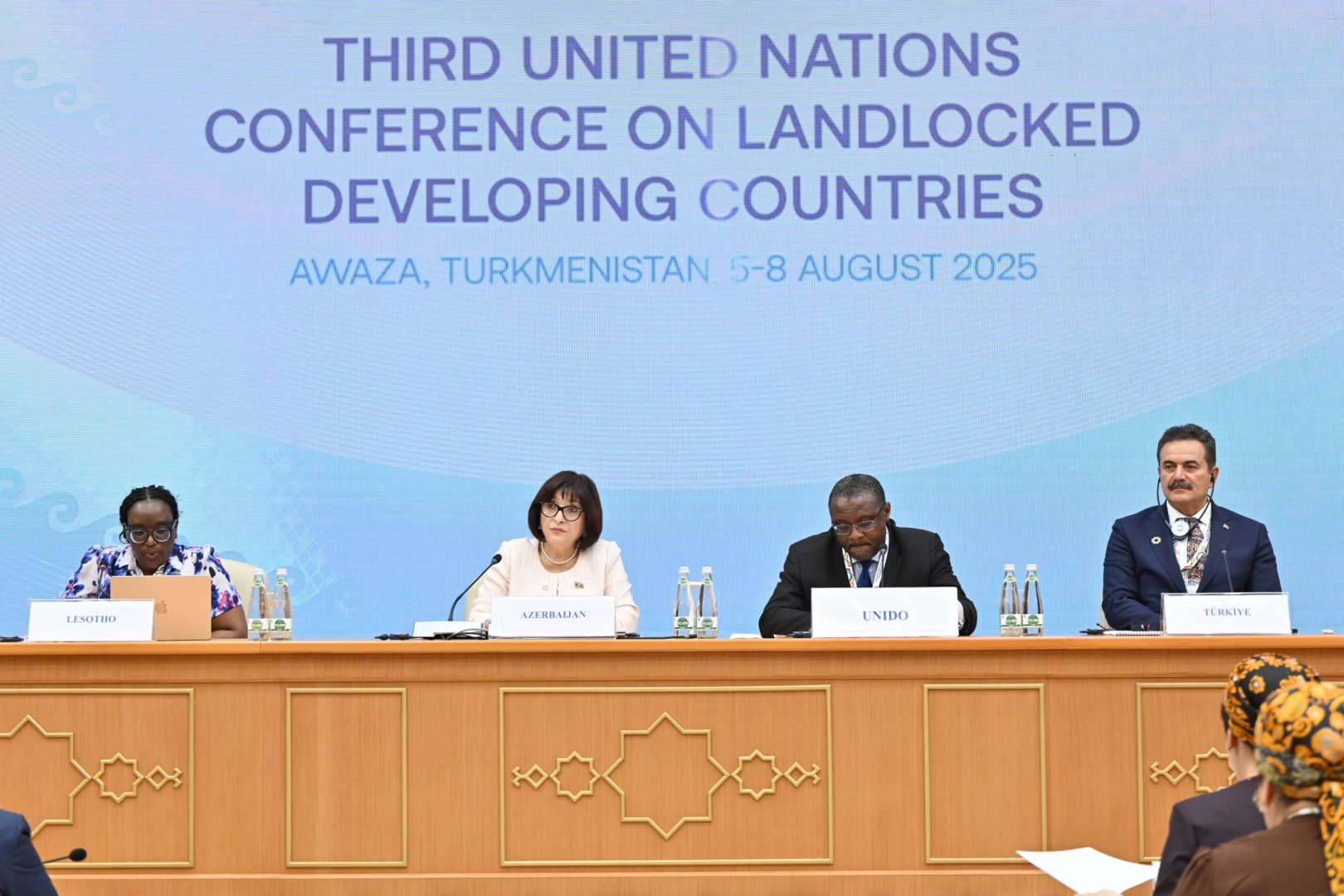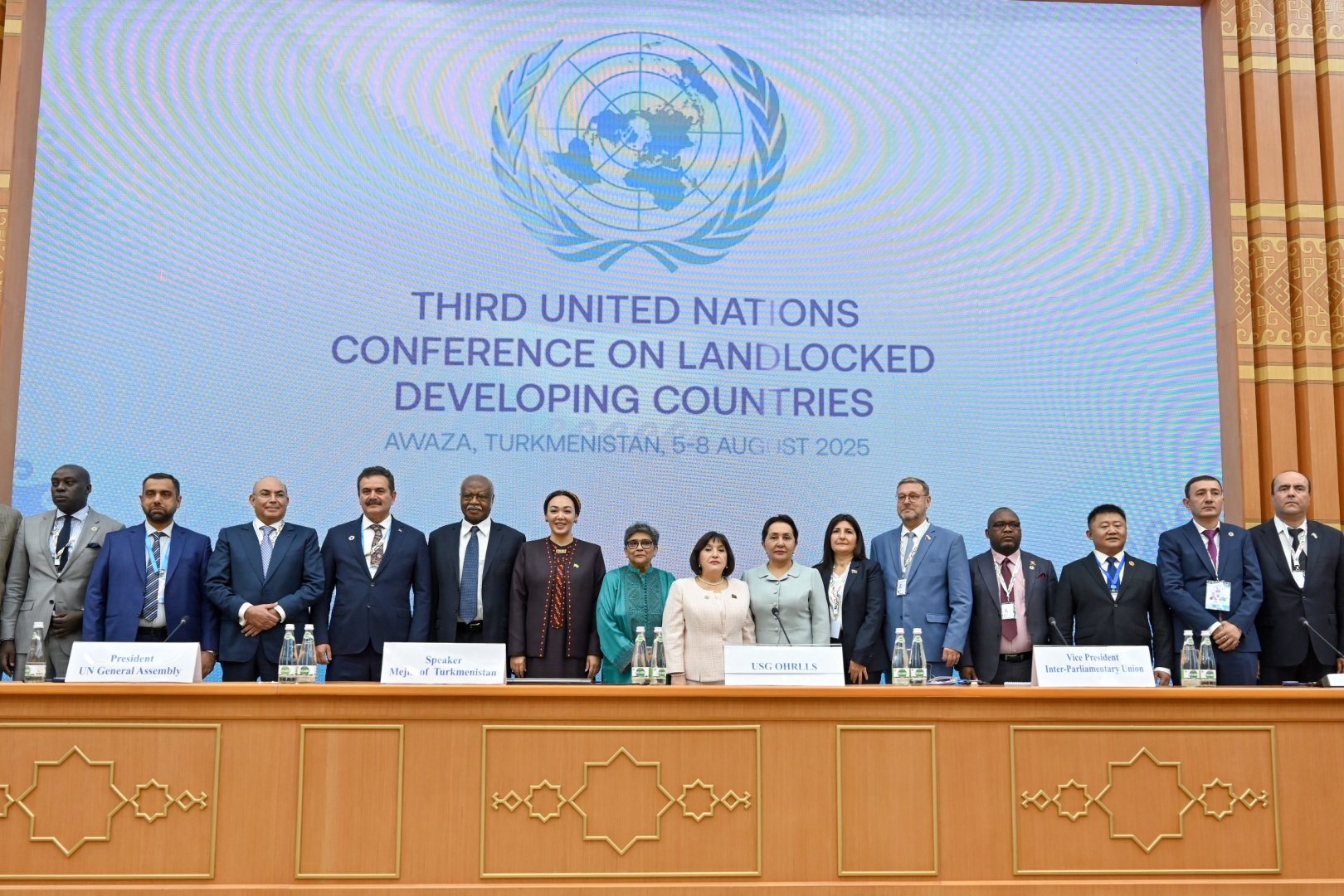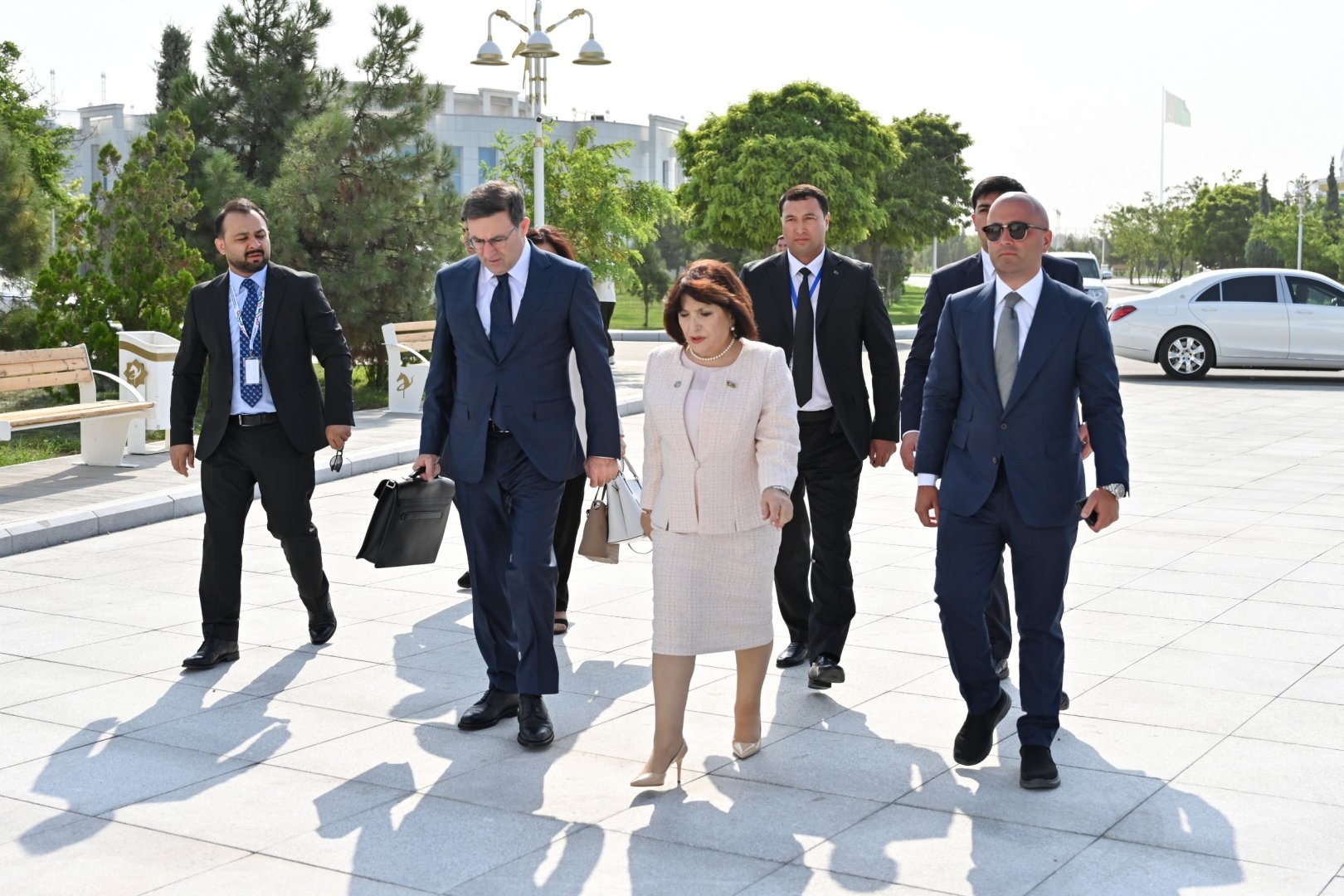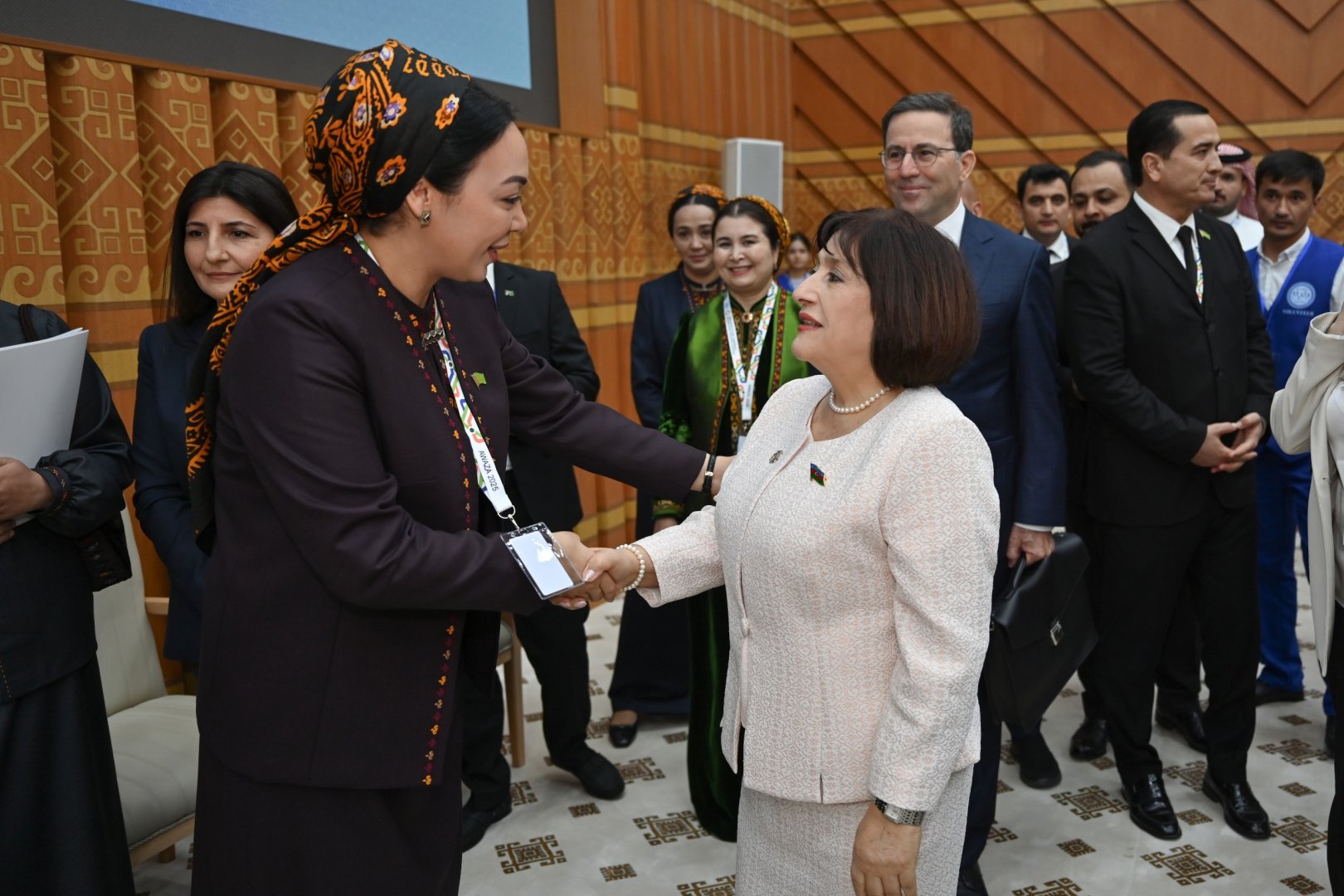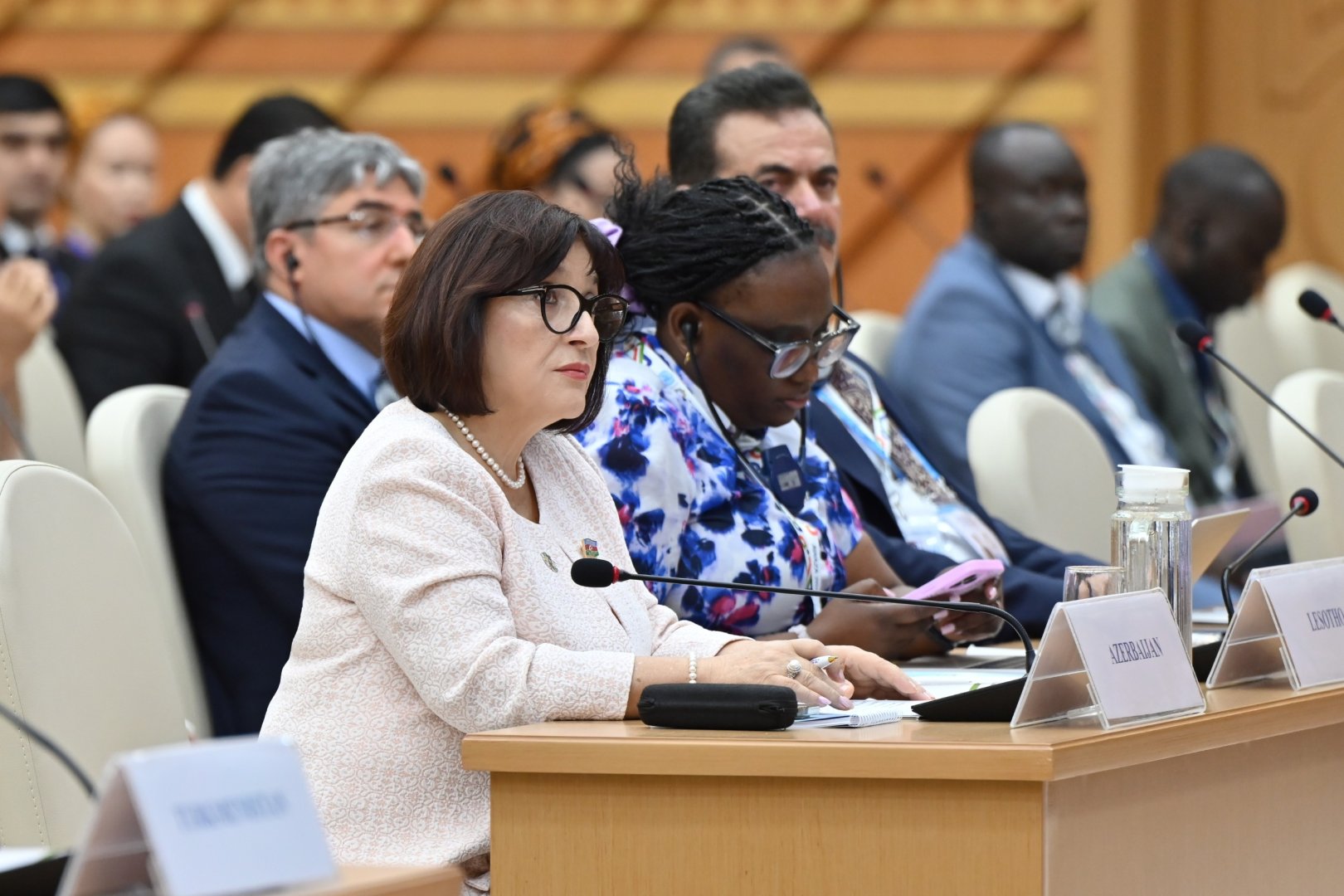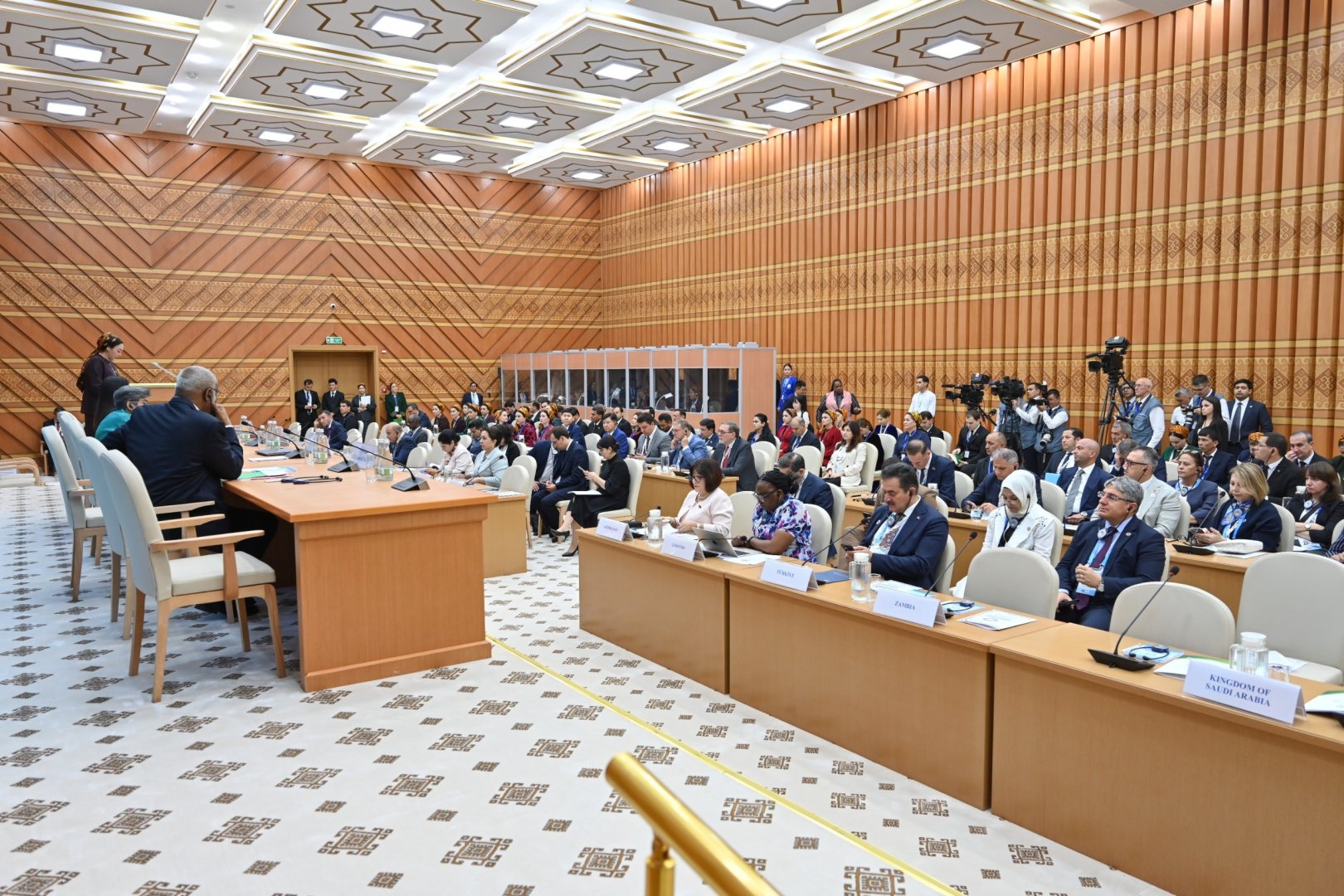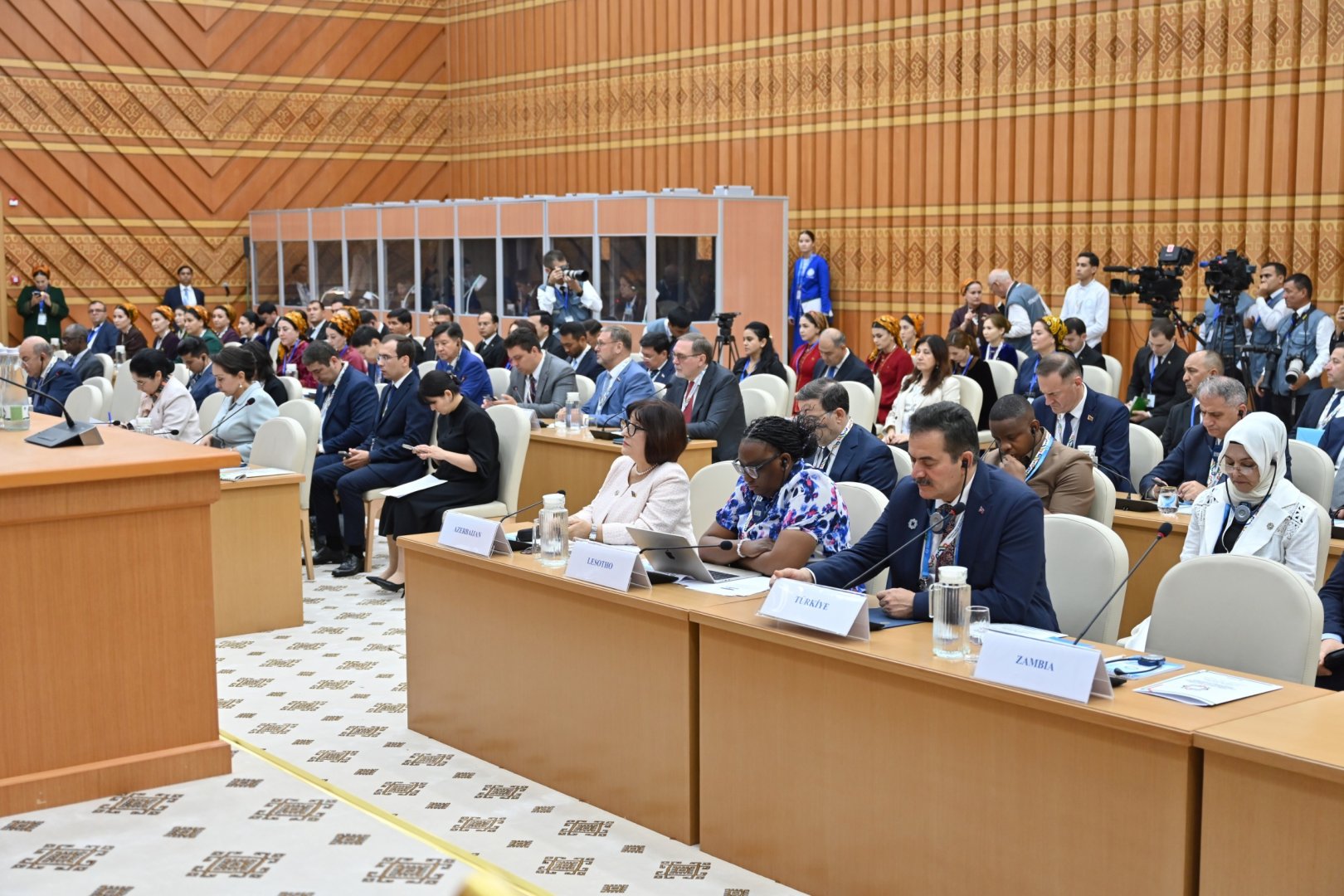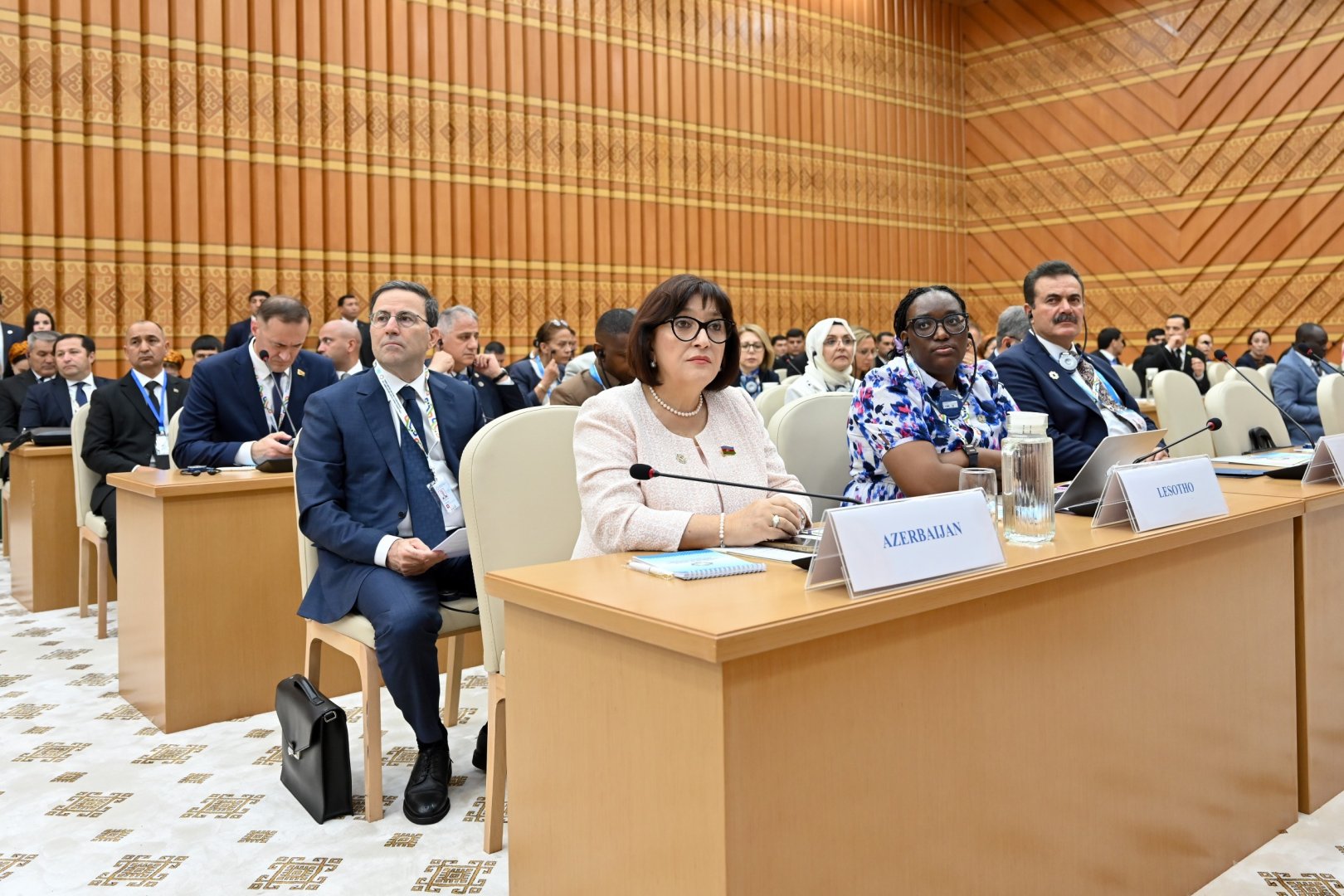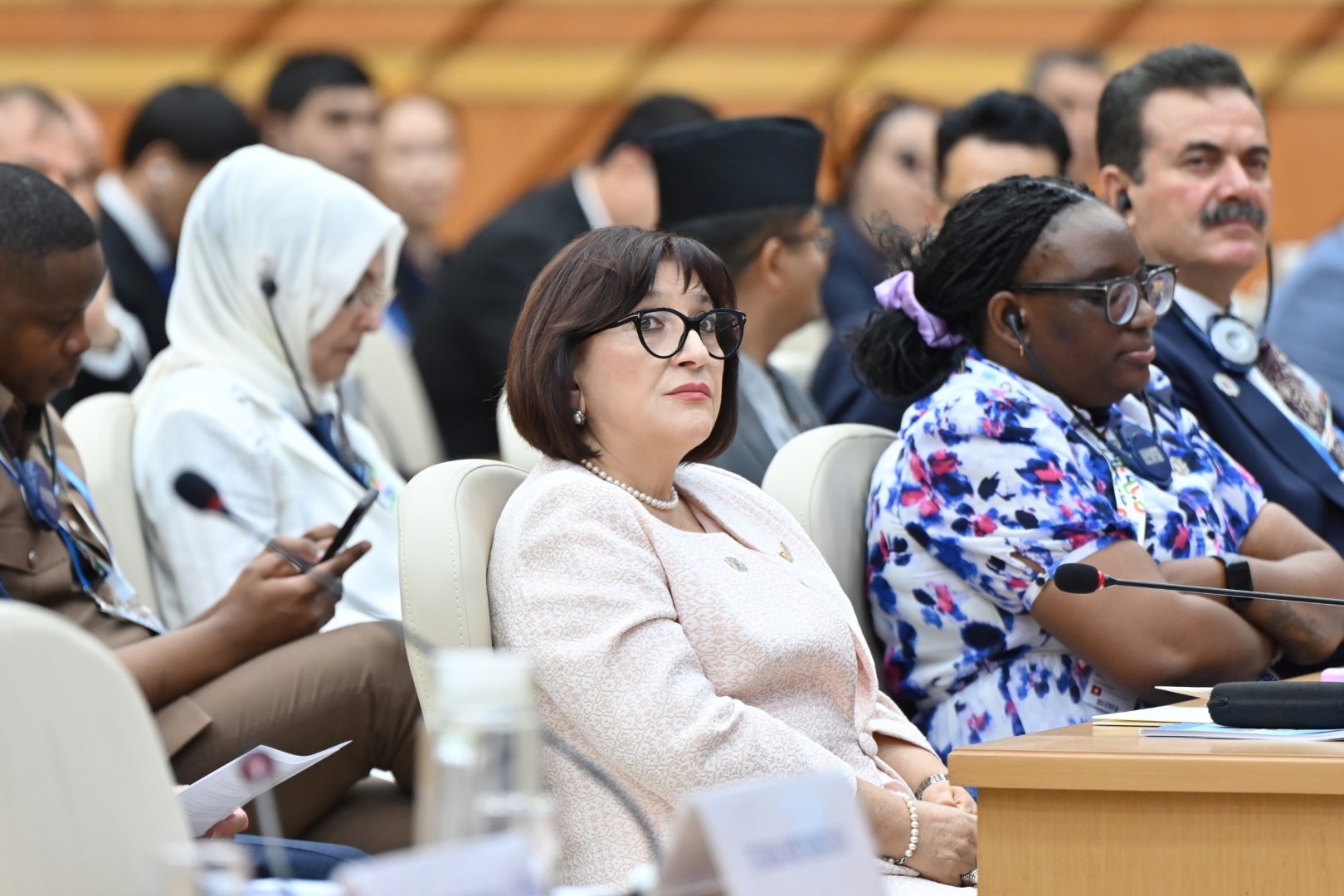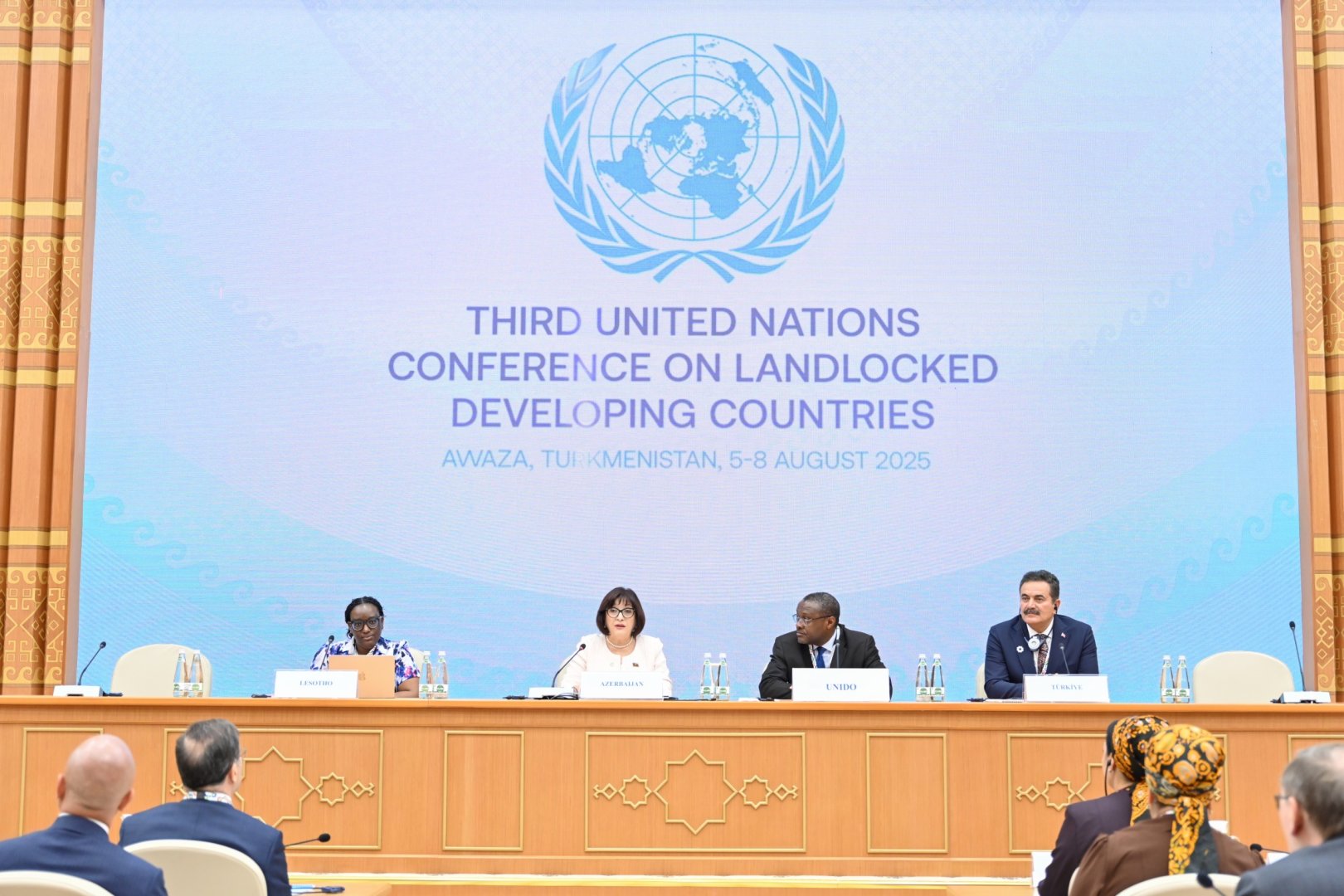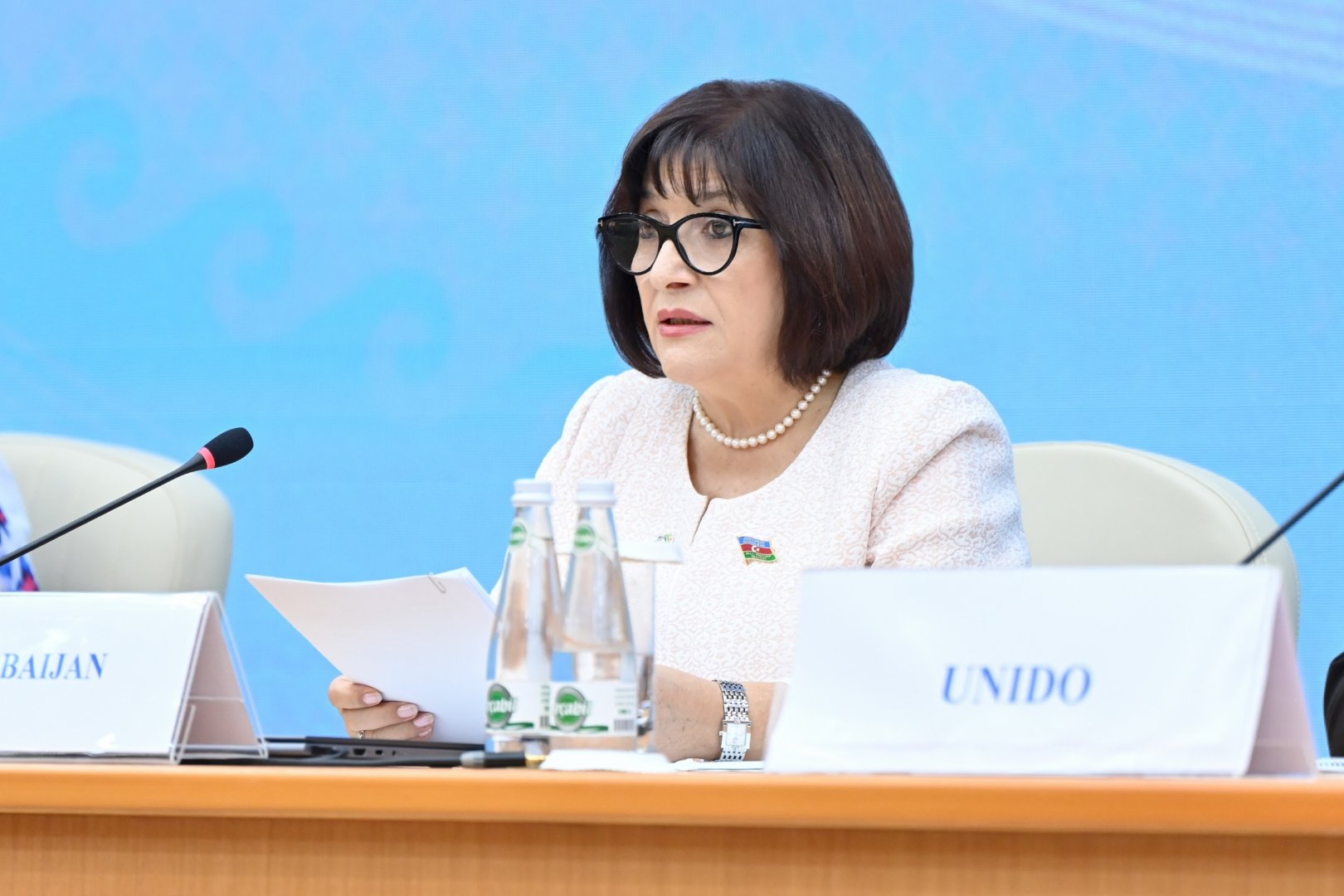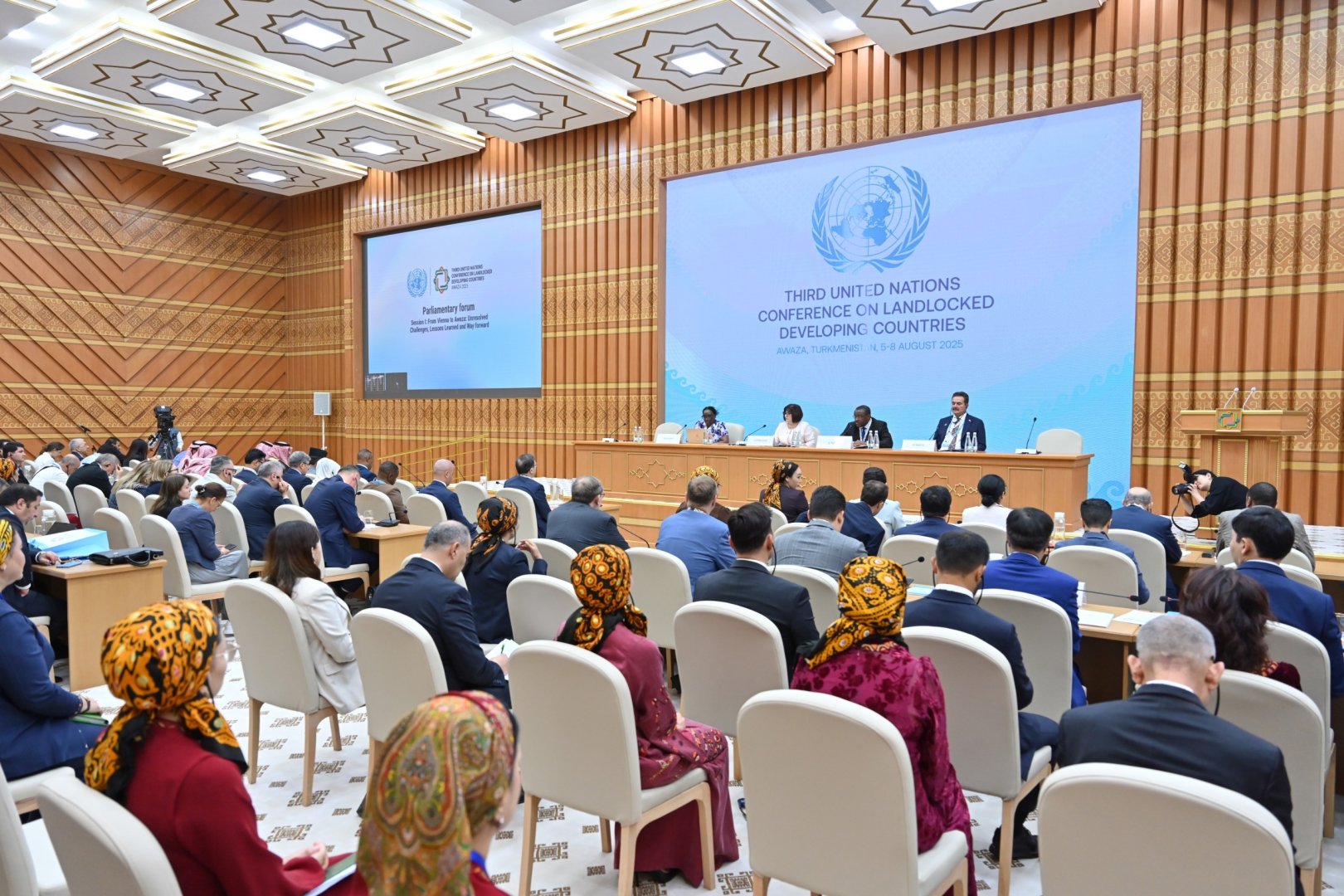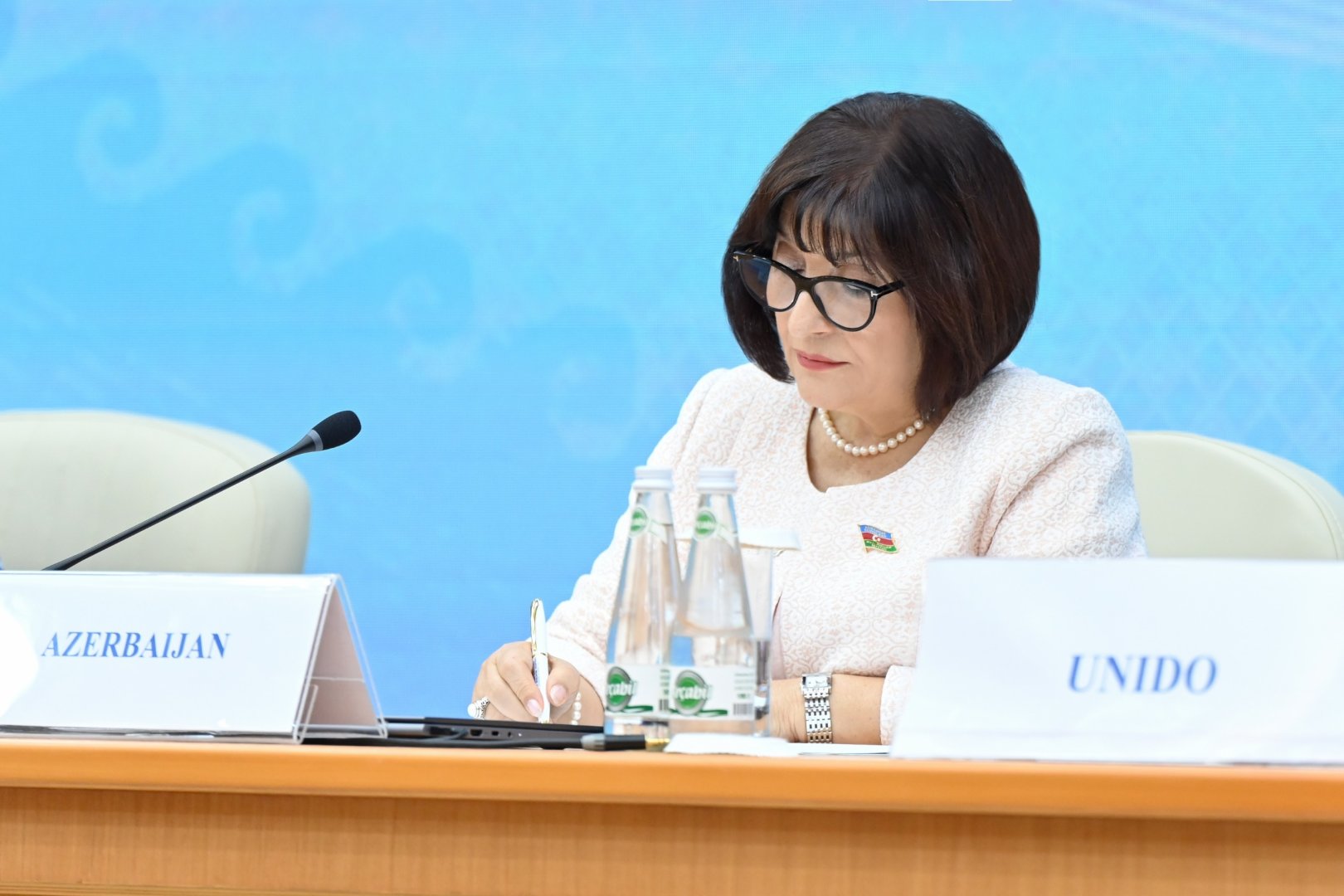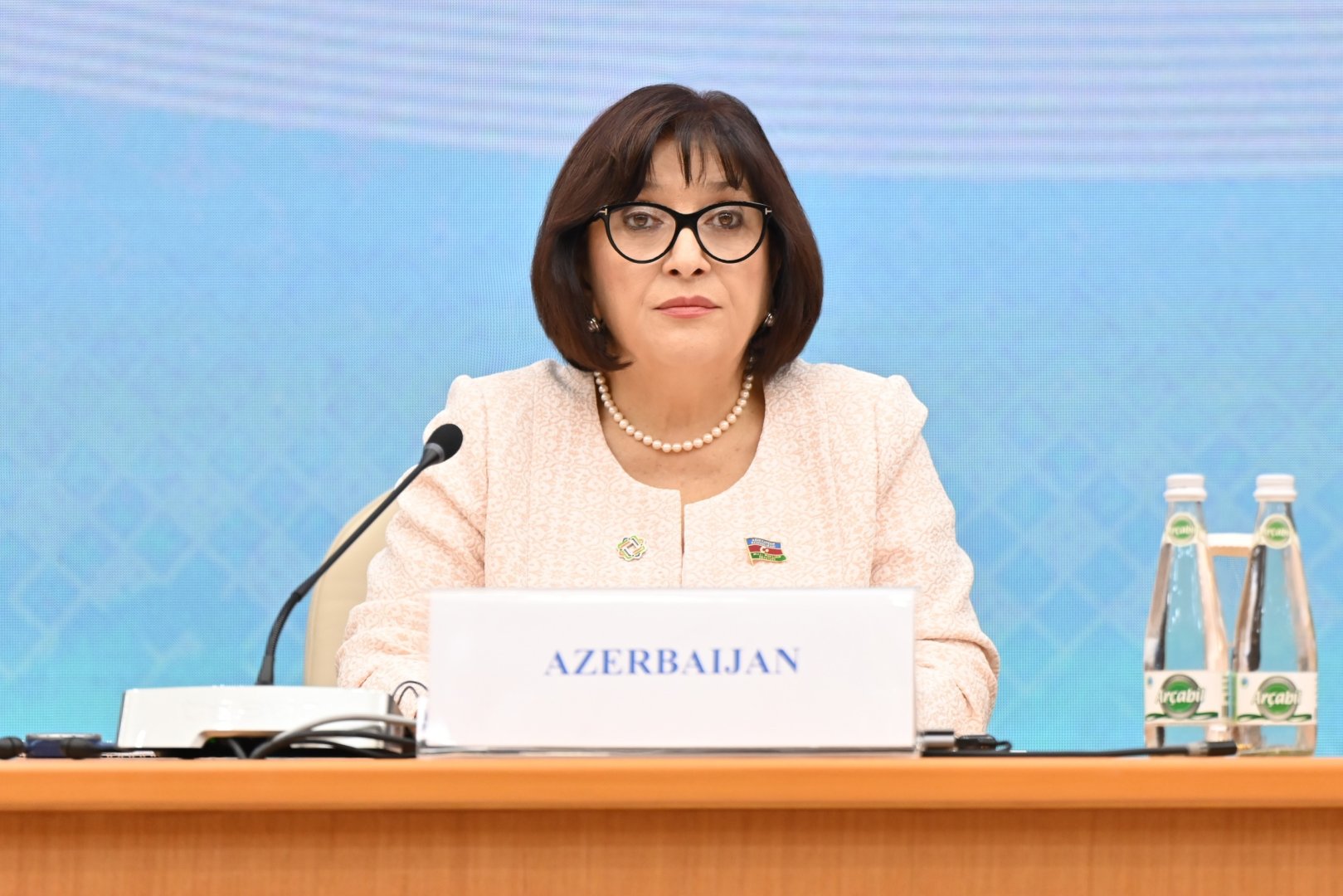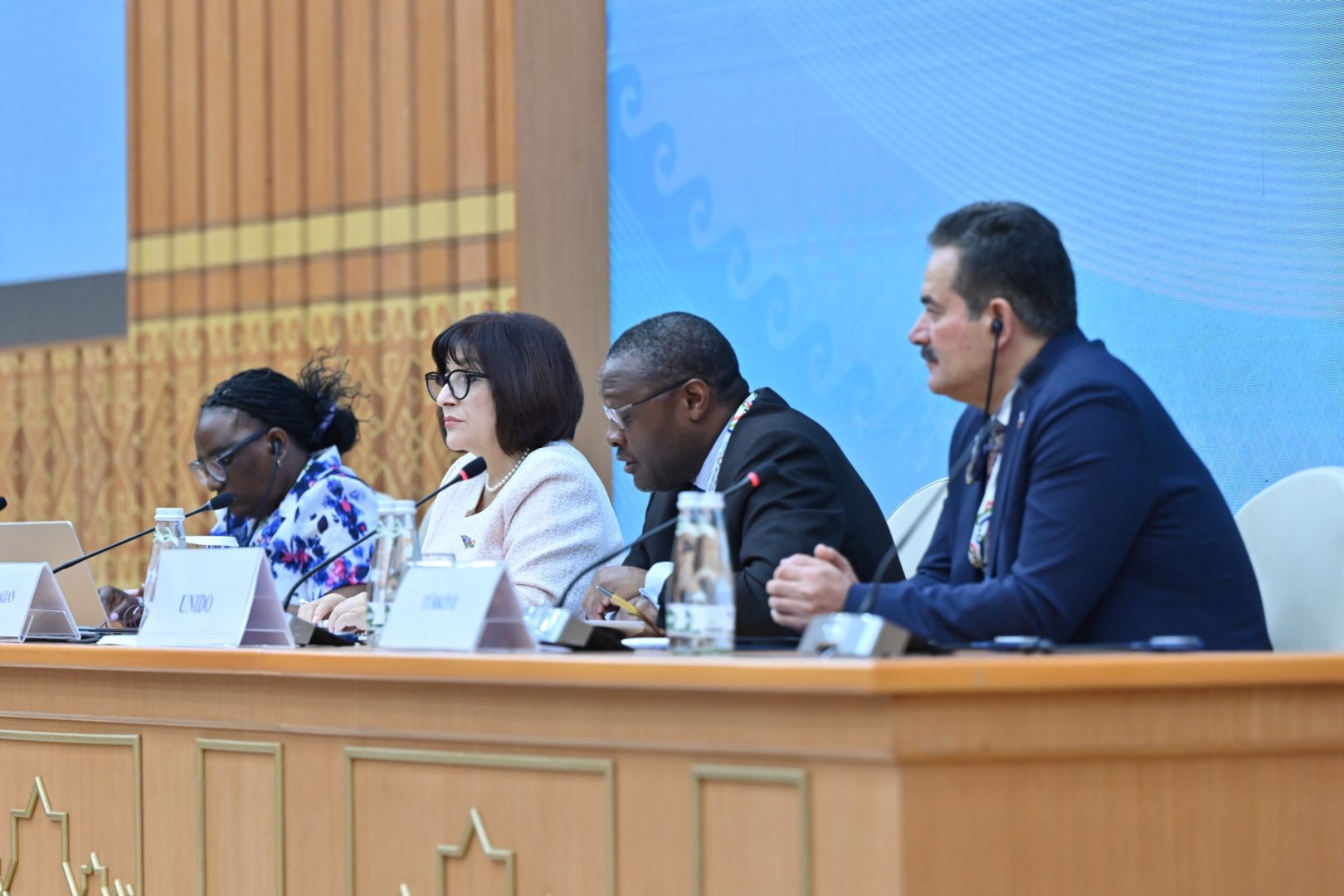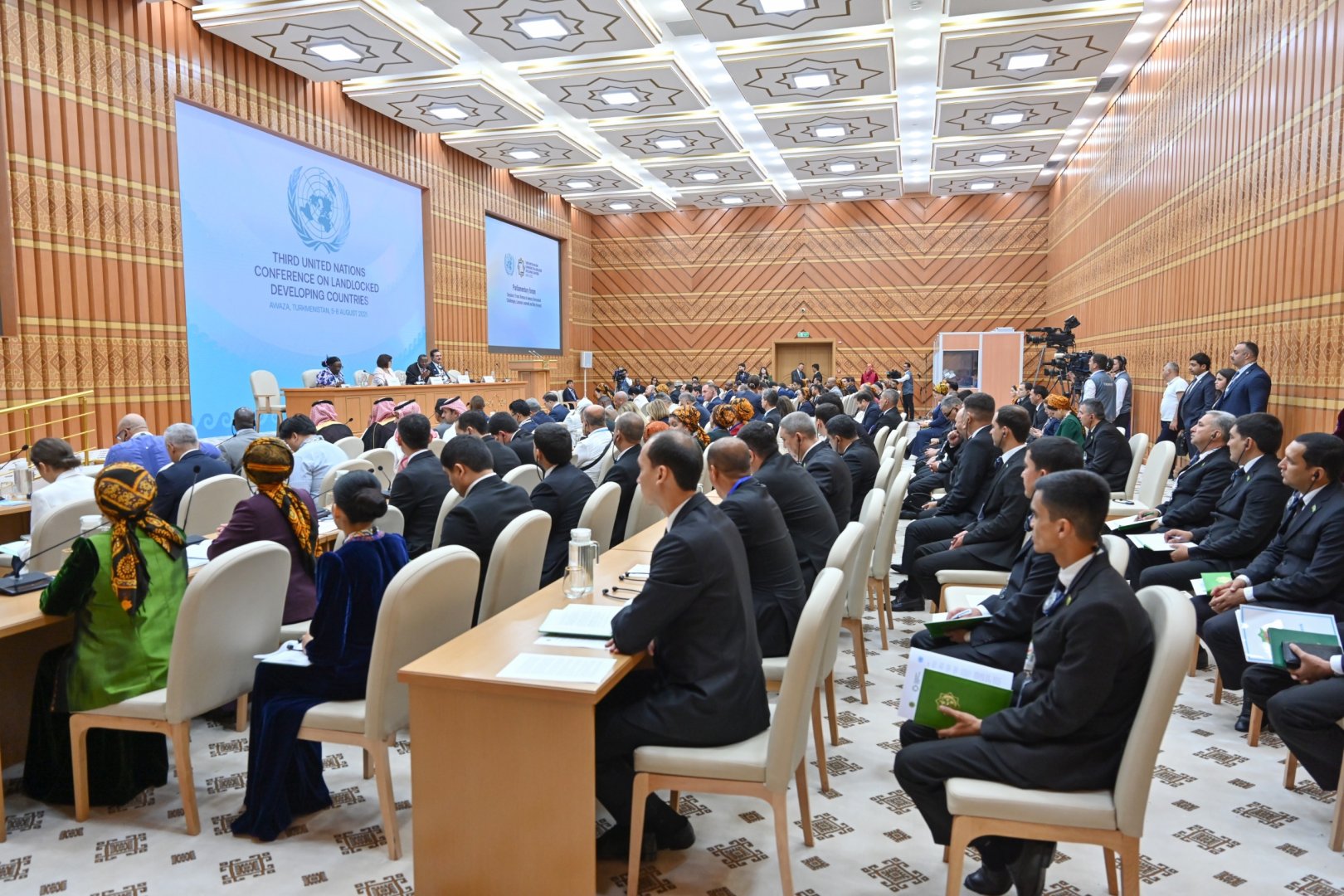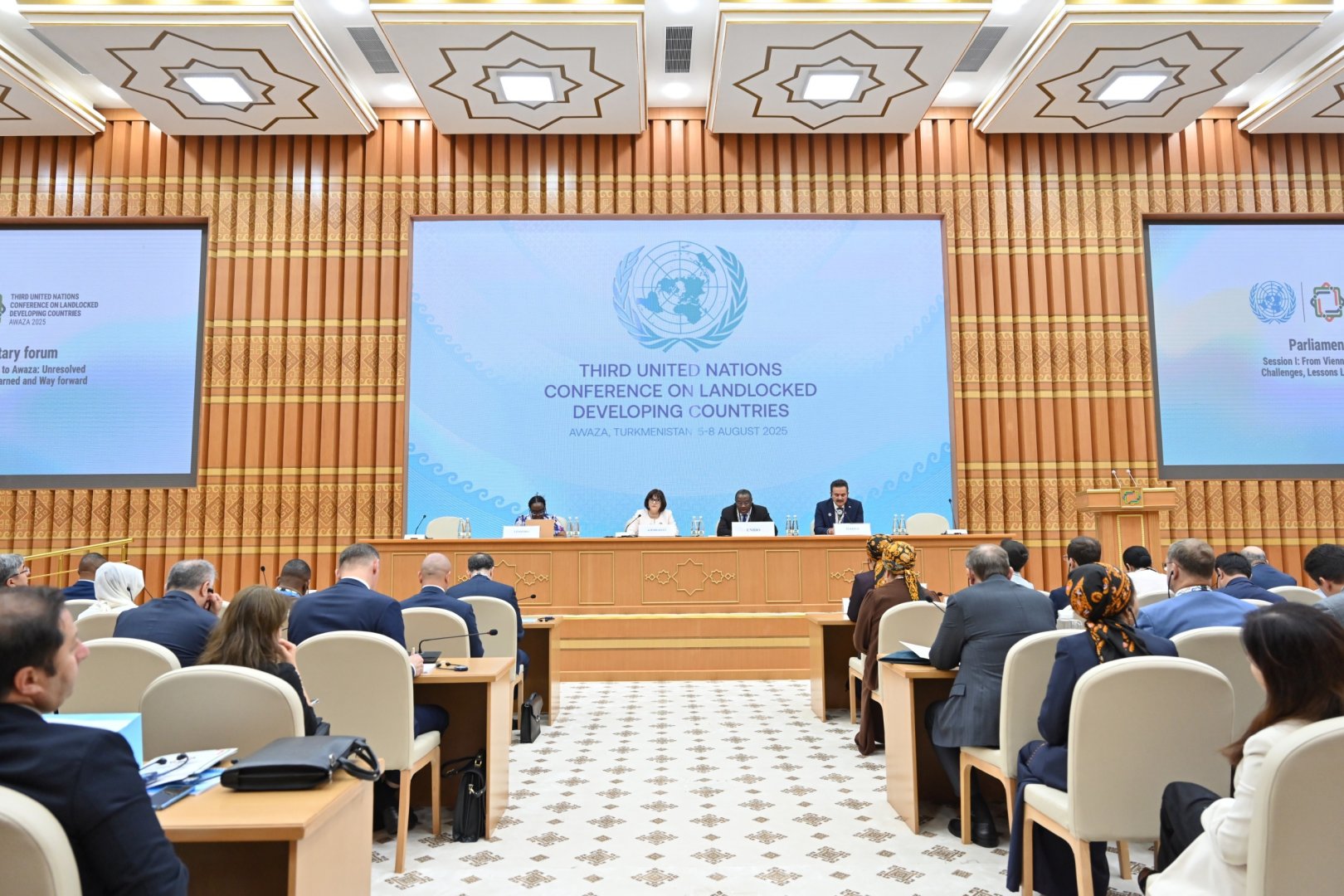BAKU, Azerbaijan, August 4. Azerbaijani Parliament Speaker Sahiba Gafarova has attended the Inter-Parliamentary Forum, which commenced its work as part of the Third United Nations Conference on Landlocked Developing Countries in the town of Awaza in Turkmenistan, a source in the parliament told Trend.
Initially, the forum was launched with a ceremonial inauguration event.
Gafarova presided over the first session of the Forum, which was entitled ‘From Vienna to Awaza: Unresolved Challenges, Lessons Learned, and the Way Ahead.’
She conveyed her commendations to Turkmenistan as the principal host nation for the adept orchestration of the forum.
As the speaker said, the Forum aims to ensure the recognition of that role that parliaments can play in forming and implementing policies and programs in the landlocked developing countries, transit countries, and development partners, as well as in fulfilling the obligations and priorities under the Programs of Action for Landlocked Developing Countries.
According to her, legislative bodies possess a significant
arsenal of legislative mechanisms, fiscal management strategies,
and oversight capabilities, which are instrumental in realizing the
predetermined objectives.
The orator articulated that legislative bodies, as quintessential
representatives of the populace, are the primary entities to
establish a conduit with the citizenry.
She also articulated that, while facilitating the interface between
governmental entities and the citizenry, legislative bodies
meticulously consider all propositions and insights put forth by
civil society, subsequently integrating them into the legislative
agenda.
Gafarova focused the attention on the importance of inter-parliamentary cooperation going beyond national boundaries and elevating parliaments’ efforts to the international level; she said confidently that the discussion of ideas and exchange of experience would open new perspectives in the work done by the parliaments. As was also said, such a forum as this could promote amalgamation of parliaments’ endeavors and coordination of their work.
The speaker highlighted the necessity of keeping national development, regional cooperation, international support, and partnership as the key areas of the current and future activities.
According to the speaker, this is decisive for the implementation of the Agenda 2030, the achievement of the Sustainable Development Goals, and making certain that nobody is left behind.
Further at the debates, Gafarova informed the gathering participants of the relevant Azerbaijani experience. She stressed that Azerbaijan, a landlocked country, has been able to convert geographic limitations to opportunities thanks to the implemented initiatives; she added that Azerbaijan has invested billions of dollars over the past years in transport infrastructure, including the International Merchant Seaport of Alyat and construction of new motoring roads and railways. Situated on the Trans-Caspian Middle Corridor and the North-South Corridor, Azerbaijan has to date become one of the key transport and logistical hubs in Eurasia.
The speaker remarked in her address that the Baku-Tbilisi-Kars railway line, the cornerstone of the Middle Corridor, proves the commitment of Azerbaijan to strengthening regional ties. The current ‘Digital Silk Way’ project, which is a web of fiber-optic cables laid across the Caspian seabed, will promote digital infrastructure progress and digital security efforts.
She also announced another important initiative that is being carried into life currently, namely, the green energy development and transmission cooperation amongst Azerbaijan, Kazakhstan, and Uzbekistan.
According to Gafarova, Azerbaijan, which remains committed to the South-South co-operation concept, is sharing her experience in streamlining and modernizing customs operations, digitalization, and infrastructure development with the other landlocked countries, thus affording them an opportunity to overcome geographic isolation and partake of collective growth.
She emphasized then that Azerbaijan calls on the international community to propose more reliable and practicable support mechanisms for the achievement of the Sustainable Development Goals by the landlocked countries.
Besides, she observed that Azerbaijan's initiative fosters
regional collaboration and synergy while simultaneously enhancing
connectivity and facilitating trade expansion for the landlocked
nations.
The discourses persisted; subsequent orations ensued.
The speaker remarked at the closure of the event that the discussions held had been fruitful; she pointed out such platforms’ significance in terms of exchange of experience and new ideas.
"The summary document adopted at the concluding session to reflect the forum participants’ shared views will strongly support the achievement of our common goals and will contribute to the implementation of the Awaza Action Program," she added.
Stay up-to-date with more news on Trend News Agency's WhatsApp channel

